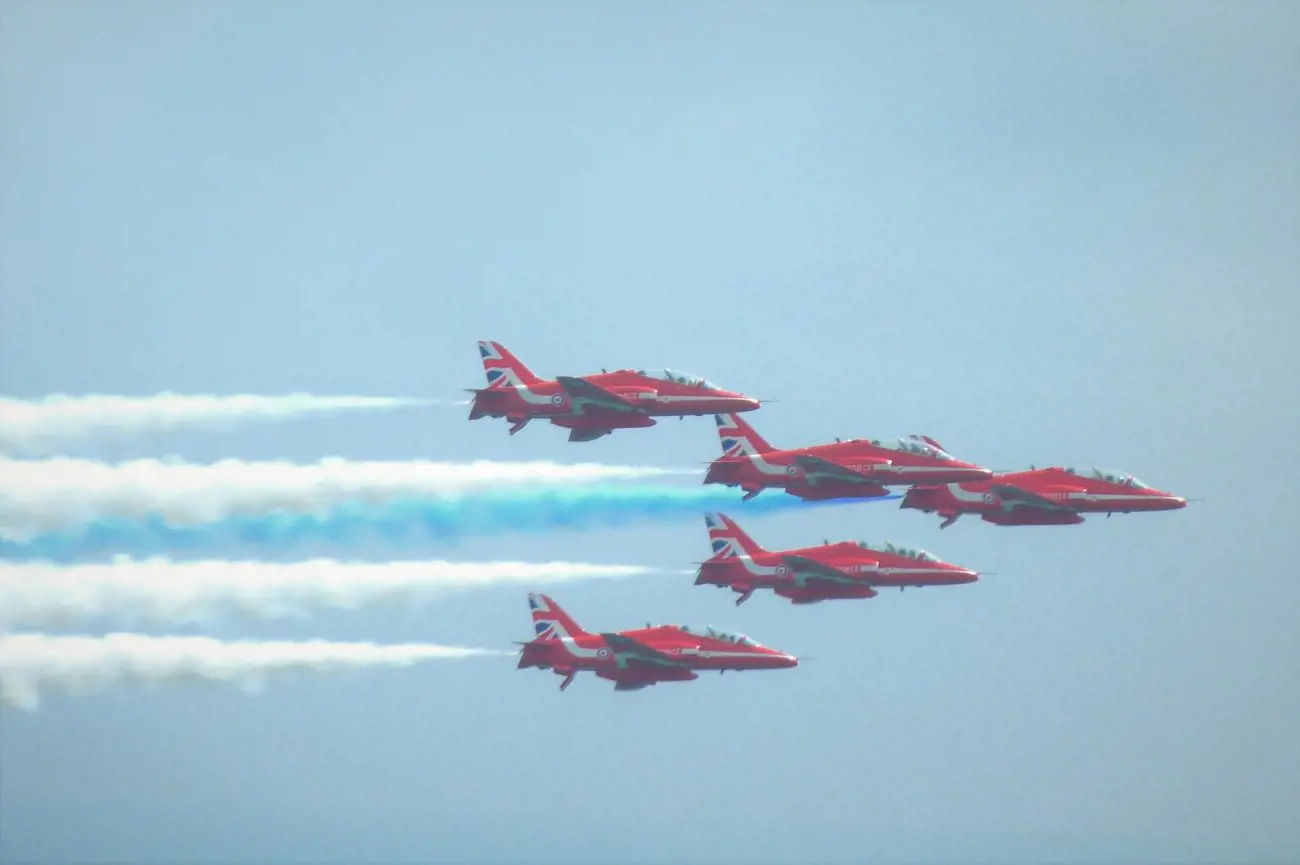Report finds 13.7% of RAF personnel demonstrating “at-risk” gambling
The Royal Air Force (RAF) Benevolent Fund has released a research report focusing on gambling in the RAF, revealing that 13.7% of participants were classed as “at-risk” gamblers in the last year.

The report was created in conjunction with Swansea University.
The data was collected though an online survey taken by 2,000 RAF personnel, and followed up with qualitative interviews with a smaller sample of individuals.
Participants were placed in categories using their problem gambling severity index (PGSI) score and systematic sampling was used to identify individuals from each category.
The categories were non-problem, low-risk, moderate-risk and problem gambling.
Out of those who had reported gambling activity in the past year, 84.3% reported that they had no gambling problems, 9.8% gave responses that indicated low levels of risk, 3.9% gave responses that indicated moderate risk and 2.0% had PGSI scores that indicated problem gambling.
According to the RAF Benevolent Fund, 13.7% of participants reporting a level of at-risk gambling is high compared to those found in other armed forces. For example, only 5.7% of Australian military members who took part in a 2020 study reported at-risk behaviours.
In the follow-up interviews, participants pointed to factors within the RAF that incentivised them to gamble, including deployment, higher exposure to risk in their roles and an existing gambling culture in the RAF.
Out of all those who responded to the survey, 55.1% reported symptoms of depression while 60.1% reported symptoms of anxiety.
In addition, 5.8% of those surveyed reported problematic behaviours with alcohol. Out of this amount, 3.4% gave responses that indicated a higher risk of harm, while 2.4% reported potentially dependent drinking.
“The health and wellbeing of our personnel is of utmost importance, so this research provides a valuable insight into some of the challenges faced by the serving community,” said Maria Byford, chief of staff personnel and air secretary at the RAF.
“Now, with a greater understanding of these issues, we will be able to better support personnel with the assistance of service charities like the RAF Benevolent Fund.”
The report also found that being male, being between the ages of 18 and 24 and being of non-commissioned rank are particular risk factors for problem gambling among RAF personnel.
“This internationally significant, large-scale study shows, for the first time, that serving members of the RAF are vulnerable to gambling-related harm,” said Simon Dymond, professor of psychology and behavioural analysis at Swansea University.
“It is important that we follow up this finding with targeted help and support, including the early identification of potential harms that arise from gambling among currently serving personnel from all services.”